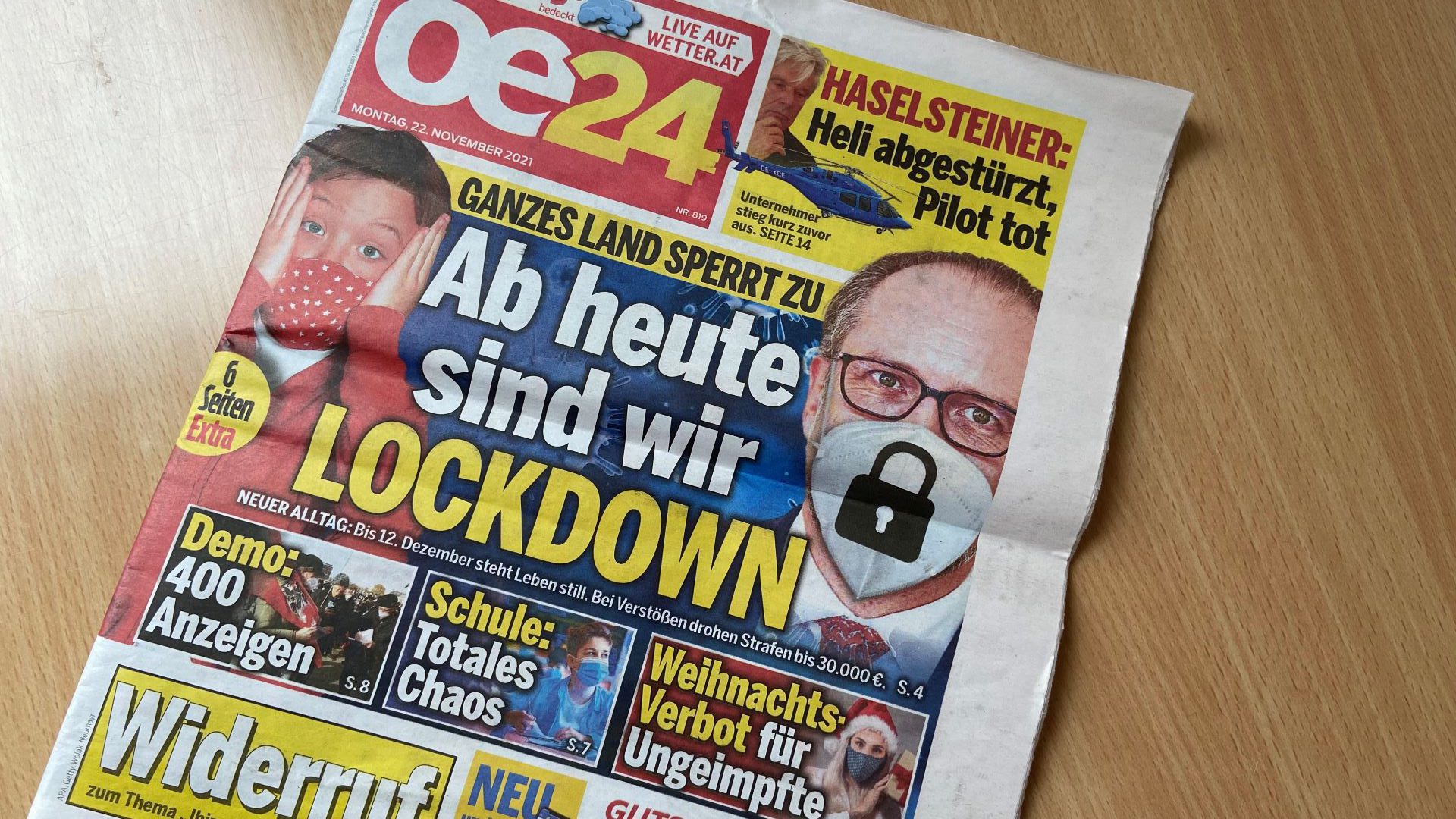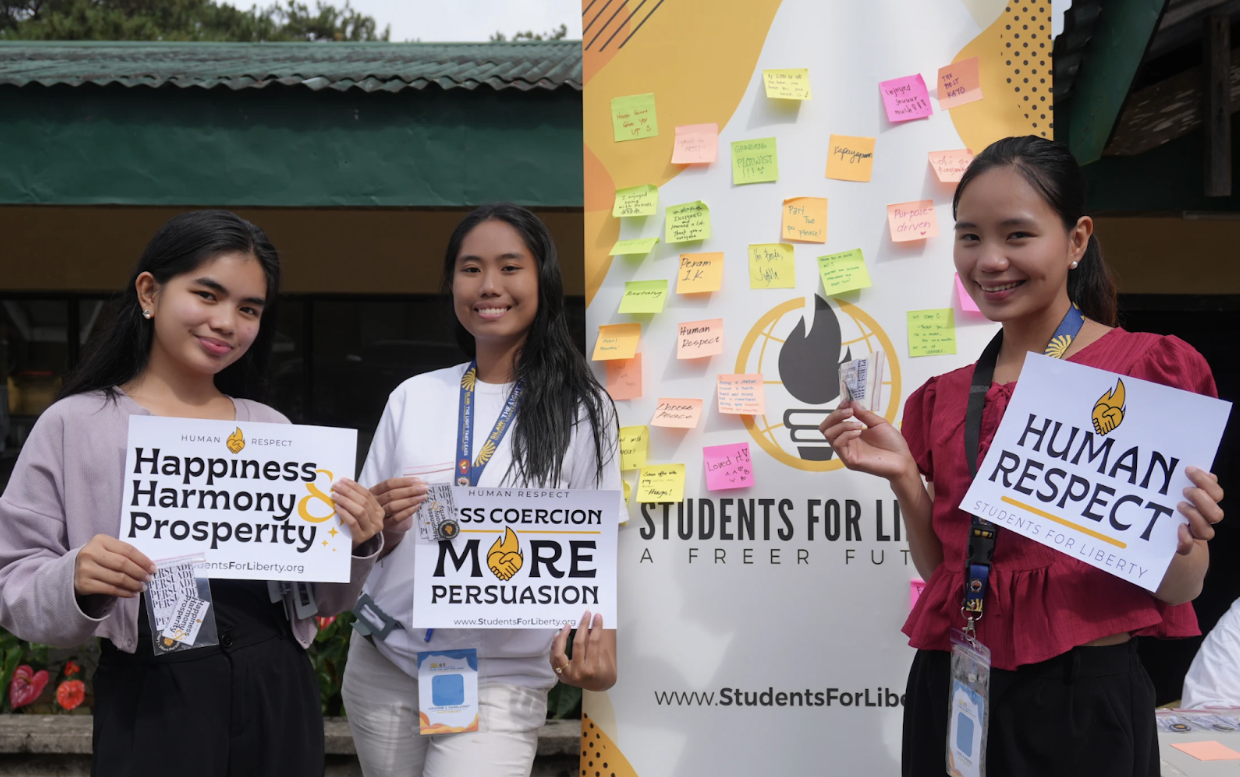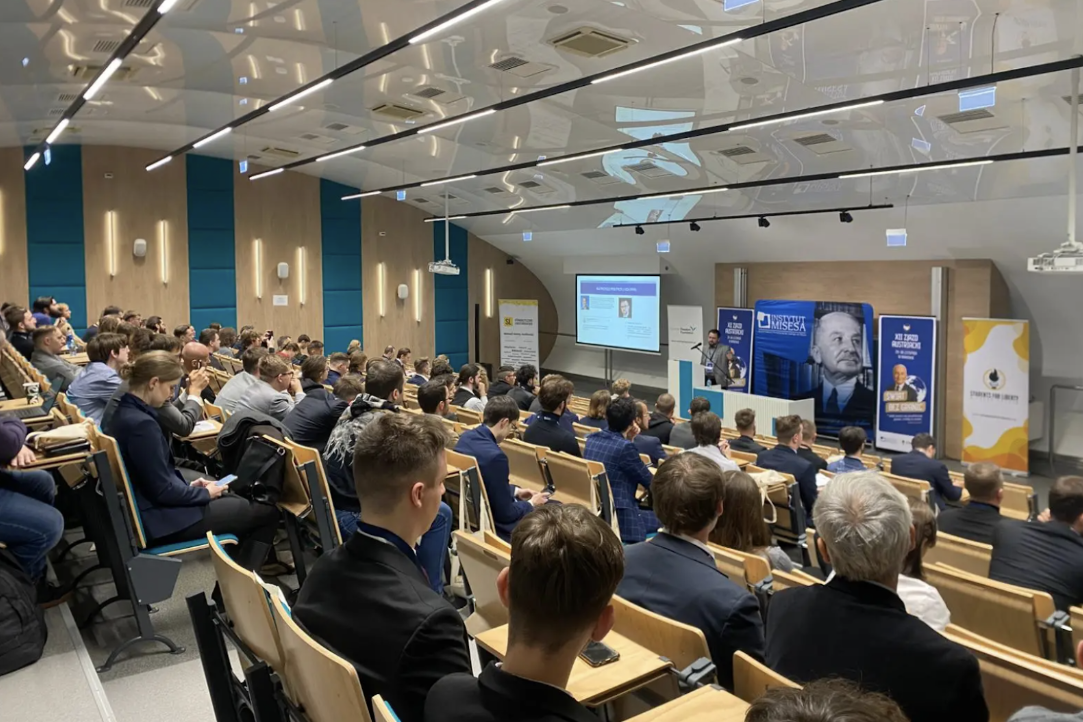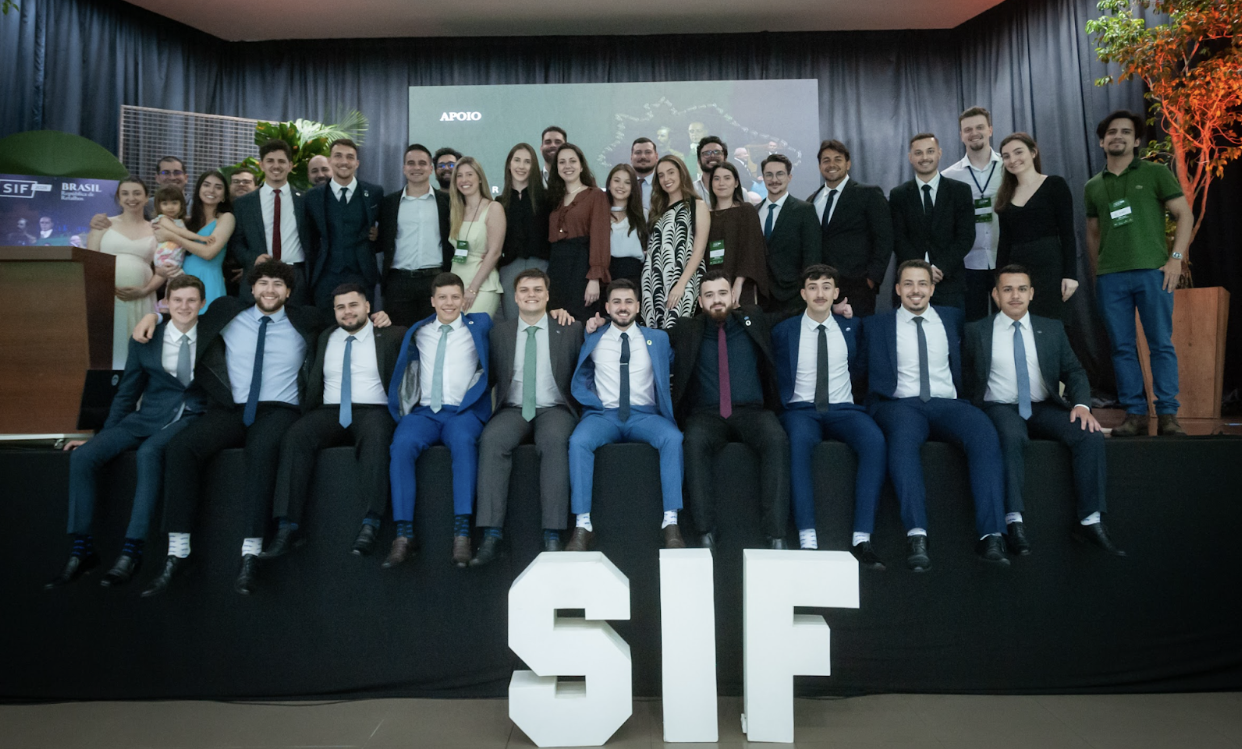Historically, it has taken researchers many years, decades even, to study a specific disease enough to develop an effective vaccine. This highlights the scale of the task faced by those working to find solutions to the current crisis, as COVID-19 has only been known for a matter of months.
Having a readily available COVID-19 vaccine at any time in the near future would thus constitute an extraordinary feat of human ingenuity, since it represents researchers developing a vaccine in record time following the discovery of this virus.
COVID-19 vaccine expectations
Among the general public, there seems to exist an expectation that the chances of a vaccine being developed rapidly are fairly high.
- According to a Pew Research survey, a majority of Americans expect a COVID-19 vaccine to be available within a year, with 72% of respondents stating that they would be willing to receive a vaccine if one were available immediately.
- However, the scientific community would appear to remain more cautious in their optimism. It is important to note that the first Ebola vaccine to be prequalified by the World Health Organization came in 2019, several years after the widespread outbreak of the virus in West Africa.
Coronavirus vaccine challenges
In the past two decades, there have been two notable previous outbreaks caused by coronaviruses, SARS and MERS.
- Thus far, no effective vaccine has been approved for these viruses.
- However, research into vaccines for SARS CoV-1, the coronavirus responsible for the epidemic in 2002-3, may yet provide some useful lessons relevant to the current situation, given the similarities between the two viruses.
- Despite the optimism around certain candidates for a coronavirus vaccine, testing revealed dangerous side effects, resulting in all these potential vaccines being shelved.
In any case, alongside such challenges, as well as the usual time process involved in the development of vaccines, there is certainly no guarantee that a viable solution will be found within the coming months or even years.
Threats posed by government interference
So as not to impede research into solutions for this unprecedented crisis, it is vital that governments around the world allow competition and innovation. It would be a calamity should any government insist on maintaining counterproductive regulations that are detrimental to progress in the fields of science and medicine.
- Increasing numbers of people are affected by the COVID-19 crisis, some directly, by contracting the virus, and many more due to the economic fallout as a result of government-imposed lockdowns.
- As such, due to the urgency of the situation, and the fact that a vaccine would provide an ideal route back to some degree of normality, the need for deregulation and greater competition has never been more apparent.
- Although some progress has been made, with a variety of restrictions removed by several governments, there is still a long journey towards being adequately equipped to face the challenges ahead.
- Once lockdowns have been lifted and the global economy is no longer in freefall, it would be extremely beneficial, going forward, to permanently discard much of the red tape surrounding drug approval, that has proved itself so pointless and inhibiting.
The private sector is not our enemy
There are many areas in which private sector initiatives could contribute greatly towards global efforts to find long-term medical solutions.
- Greater competition, outside of the monopolies often held by government agencies, would drive innovation and thus increase the likelihood of effective solutions becoming available sooner.
- Instead of diverting vast sums of money to a handful of government agencies, which receive this funding regardless of their results, it could prove more effective to allow private actors to attempt to develop the first COVID-19 vaccine ahead of their competitors.
- However, should governments insist on playing a role in the process, one solution that is sometimes suggested in pro-liberty circles is the introduction of a prize system. Thus, instead of governments funding research directly, they would offer a reward to the creators of the first effective vaccine.
- It is also important that regulations are suitably loosened to facilitate clinical trials. So long as they are fully aware of the risks, consenting individuals could volunteer to become infected or receive experimental treatment, in order to accelerate the process of finding a vaccine or other effective treatments.
A global pandemic requires global solutions
Although some areas may be worse affected than others, in an increasingly interconnected world, the crisis surrounding COVID-19 is felt across all societies.
As such, it would be disastrous for national governments to take a more insular approach to finding solutions and recovering from the crisis.
For a problem of such magnitude as this virus, it is, at the very least, in the economic interest of every country to bring the pandemic under control across the entire world, ideally eradicating it completely.
- Nations do not become more prosperous and raise their living standards by being economically isolated.
- Thus, in order to protect continued economic development, it is important to ensure that the global movement of people and goods is not further disrupted as a result of the pandemic.
- In order to achieve this, countries must be willing to cooperate in a transparent international global effort. If researchers in one country develop a vaccine, or any other means of mitigating the effects of COVID-19, making this available internationally would definitely be beneficial, crucial even, to all concerned.
We need transparency to win
Transparency and cooperation is a key element in any global crisis. The lack thereof, as seen in the response by the Chinese Communist Party during the crucial early stages, can lead to devastating consequences.
Finally, it is important to remember that, regardless of whether a vaccine becomes available in the coming months, maintaining lockdowns over extended periods of time would lead to a far worse situation, which would have an exorbitant human cost. Individuals and businesses must be allowed to take initiative in order to increase the chances of solutions being found.
To read more about COVID-19 and the government’s impact on our personal and economic freedom, check out our pandemics page by clicking on the button below.








